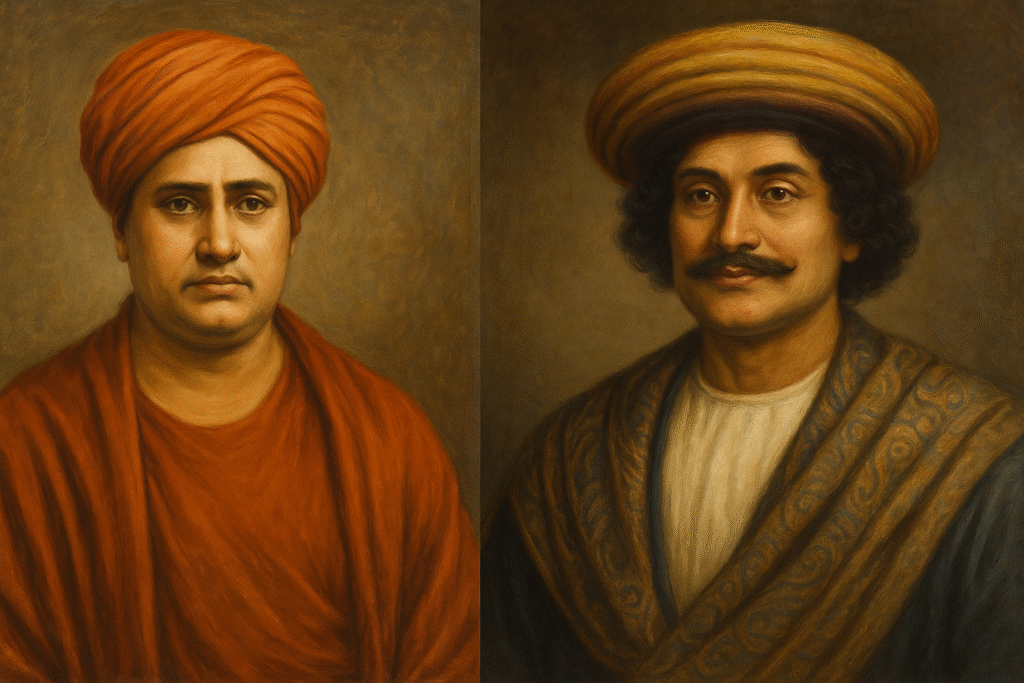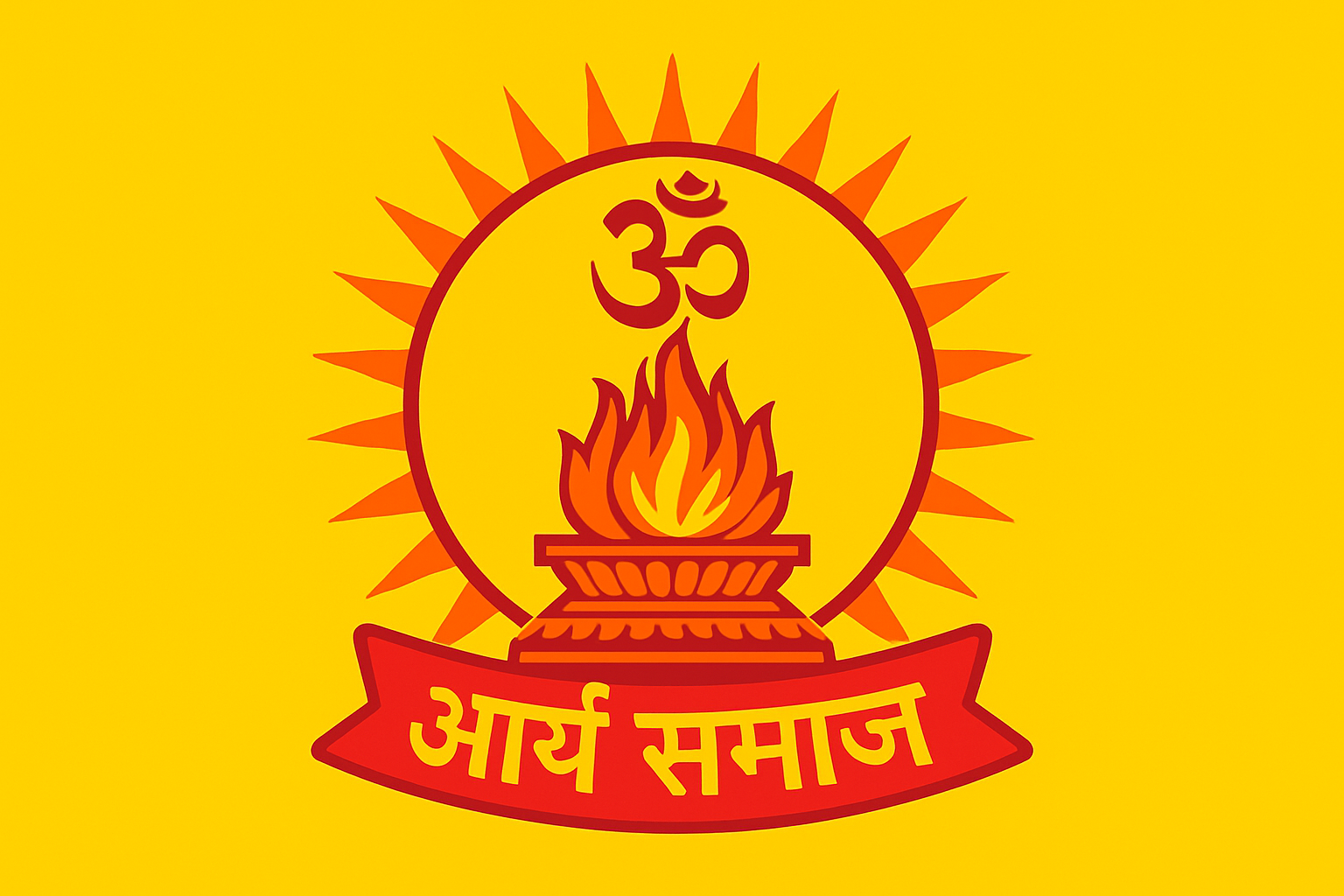Exploring Arya Samaj and Brahmo Samaj: A Comparative Study
India is a country of diverse faiths and beliefs, each with its unique philosophies and traditions. Among the many spiritual movements that have emerged in Indian history, two that stand out for their progressive ideologies are Arya Samaj and Brahmo Samaj. These reformist movements emerged during the 19th century, aiming to reform and modernize Hinduism. Today, we’ll delve into a comparative study of these two faiths, focusing on their beliefs, reform movements, and philosophies.

Understanding Arya Samaj
Founded by Swami Dayanand Saraswati in 1875, Arya Samaj is a Hindu reform movement that sought to revive Vedic ideals. The primary belief of Arya Samaj is that the Vedas are the supreme authority, and it rejects any religious practice not based on the Vedas. It discards idol worship, rituals, and superstitions, advocating a monotheistic belief in a formless, omnipresent God. This faith is known for its simplicity, rationality, and a practical approach to spirituality.
A humble and respected advocate of Arya Samaj, Pandit Brahmdev Vedalankar Ji, has been delivering its teachings and principles in Noida, Ghaziabad, and Greater Noida West. His dedicated service in spreading Vedic knowledge and conducting ceremonies as per Arya Samaj rituals has made him a respected figure in the community.
Unfolding the Brahmo Samaj
Brahmo Samaj, established by Raja Ram Mohan Roy in 1828, is another significant reformist movement that emerged in Bengal. Like Arya Samaj, it also believes in a formless, omnipresent God. However, unlike Arya Samaj, Brahmo Samaj isn’t restricted to the authority of Vedas. It accepts truth from all religions and respects all religious scriptures.
Brahmo Samaj played a significant role in social reforms, particularly in education and women’s rights. It abolished practices like Sati and child marriage, emphasizing gender equality and women’s education.
Contrasting Faith, Reform, and Philosophy
While both Arya Samaj and Brahmo Samaj believe in a formless God and reject idol worship, their approach towards religious scriptures differs. Arya Samaj strictly adheres to the Vedas, while Brahmo Samaj respects all religious texts. Both movements, however, emphasize rational thinking, social reform, and human equality.
Their reform movements also had distinctive focuses. Arya Samaj aimed to revive Vedic ideals and reform Hinduism from within. It encouraged people to return to the simple and rational teachings of the Vedas. On the other hand, Brahmo Samaj heavily focused on societal reforms, particularly in the areas of women’s rights and education.
Philosophically, both movements champion monotheism, rationality, and human equality. They reject superstitions and rituals, promoting spirituality based on reason and morality. However, Arya Samaj is more dogmatic in its adherence to the Vedas, whereas Brahmo Samaj is more liberal, accepting truths from all religions.
Final Words
Arya Samaj and Brahmo Samaj, despite their differences, have played a significant role in shaping modern Hinduism. They have encouraged rational thinking, social reform, and human equality, making Hinduism more accessible and relevant to the modern world.
Pandit Brahmdev Vedalankar Ji, an Arya Samaj Pandit, continues to spread these progressive values, guiding individuals in Noida, Ghaziabad, and Greater Noida West with his knowledge and experience.
As we explore these two movements, we uncover a tapestry of thought, faith, and reform that has enriched Hinduism and continues to inspire generations.
For more on Arya Samaj and its principles, visit our Arya Samaj page. Interested in knowing more about Pandit Brahmdev Vedalankar Ji and his services? Check out his About Us page. For more insightful reads, head on to our Blog section.
Pandit Brahm Dev Vedalankar Ji is a revered Arya Samaj scholar known for his deep Vedic knowledge and dedication to promoting the teachings of Maharishi Dayanand Saraswati. His profound wisdom, inspiring discourses, and commitment to truth and equality have made him a guiding light for many, fostering spiritual growth and social harmony.


